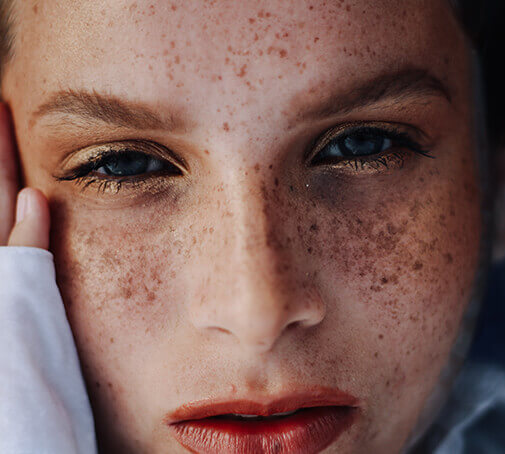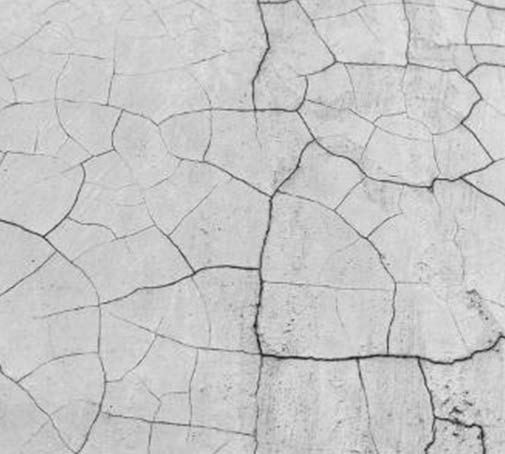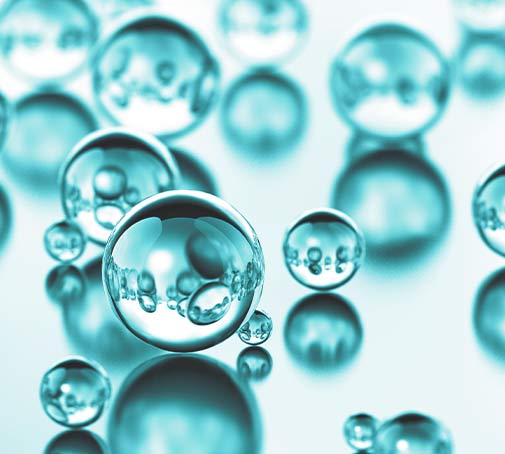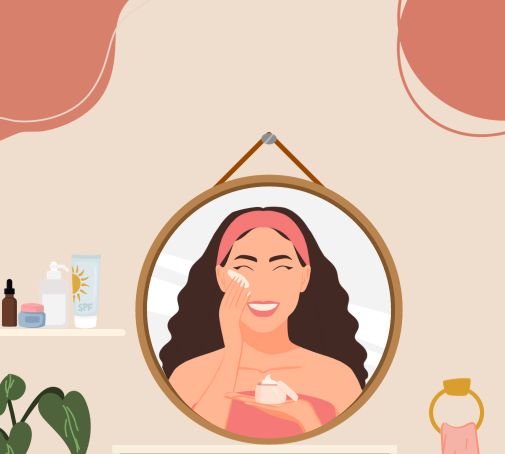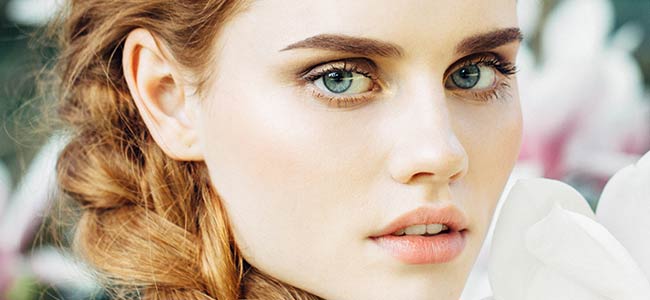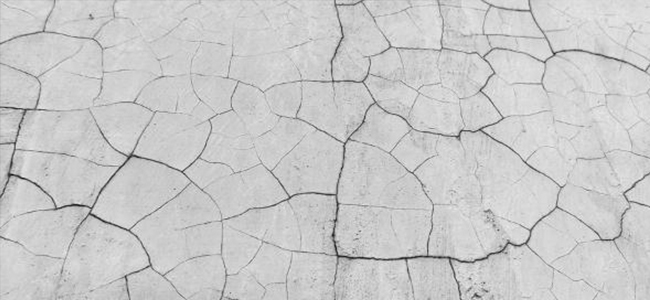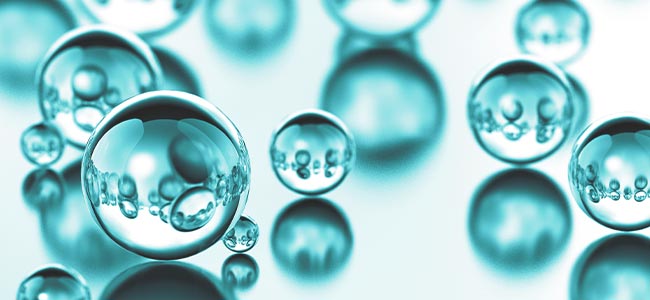
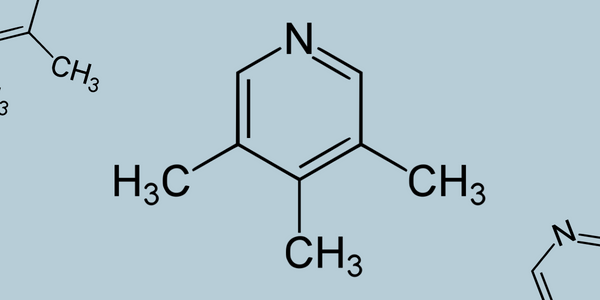
Alcohol in Skincare
There are few ingredients in cosmetics that are as controversial as alcohol. How can I tell the difference between good and bad alcohol? Our product developer Eva explains what alcohol is doing in skincare products and what to look out for.
Let’s Ask Our Expert




What is alcohol?
Eva: When people speak about ‘alcohol’ they usually mean ethanol, i.e. the drinkable form of alcohol. Scientifically, alcohol is the generic name for a very large class of organic compounds, whose areas of application are extremely diverse. We also encounter different kinds of alcohol in everyday life, for example in cleaning agents and solvents, deodorants or fuel (bioethanol).
What is alcohol?
Eva: When people speak about ‘alcohol’ they usually mean ethanol, i.e. the drinkable form of alcohol. Scientifically, alcohol is the generic name for a very large class of organic compounds, whose areas of application are extremely diverse. We also encounter different kinds of alcohol in everyday life, for example in cleaning agents and solvents, deodorants or fuel (bioethanol).
Why is alcohol used in skincare?
Eva: Alcohol has been used as an ingredient in skincare products for various skin types for many years. But is this good or bad for our skin?
Alcohol has a variety of functions in skincare. It can kill bacteria and dissolve grease. It also enhances the penetration of certain other ingredients into the skin and is used as a preservative. Alcohol can also improve the overall feel of skincare by making products feel light and fresh on the skin. However, "bad alcohols" or too high concentrations of alcohol can also severely damage the skin and disrupt our natural skin barrier.
Not all alcohol is the same. What’s the difference between good and bad alcohol?
Eva: There are alcoholic compounds that are used in cosmetics for technological reasons and have a positive effect on the skin. Denatured alcohol, also known as ethanol (INCI: Alcohol denat.), is an ingredient that can have negative effects on the skin if the concentration is too high. However, if you find the term on the ingredient list (INCI), you need not immediately fear that it will harm your skin or health. It all depends on the alcohol concentration and what it is used for: Products with an alcohol content of more than 20% can irritate and dry out the skin, while a concentration of less than 20% clears the skin, unclogs pores and has an antibacterial and anti-inflammatory effect (e.g. facial toner). However, products that target only small parts of the skin can still have an alcohol content higher than 20% without causing major problems.
What does "bad alcohol" do to the skin?
Eva: Aside from the concentration, the type of alcohol is also important. The "bad“ alcohols include ethyl alcohol, methanol, propyl alcohole, propanol, isopropanol and isopropyl alcohol. In the long run, these can lead to dry skin and promote allergies and irritation. And you should be extra careful when it comes to the sensitive skin around the eyes.
What are the benefits of "good alcohols" in skincare?
Eva: When we talk about "good alcohols", we are mainly referring to fatty alcohols. These are used as emulsifiers, thickeners or softening agents, without which many cosmetic products could not be manufactured. They are not just non-drying and non-irritating, they even have many benefits for the skin: They are moisturizing and support the skin barrier. This is why fatty alcohols are often used as a base for creams and lotions.
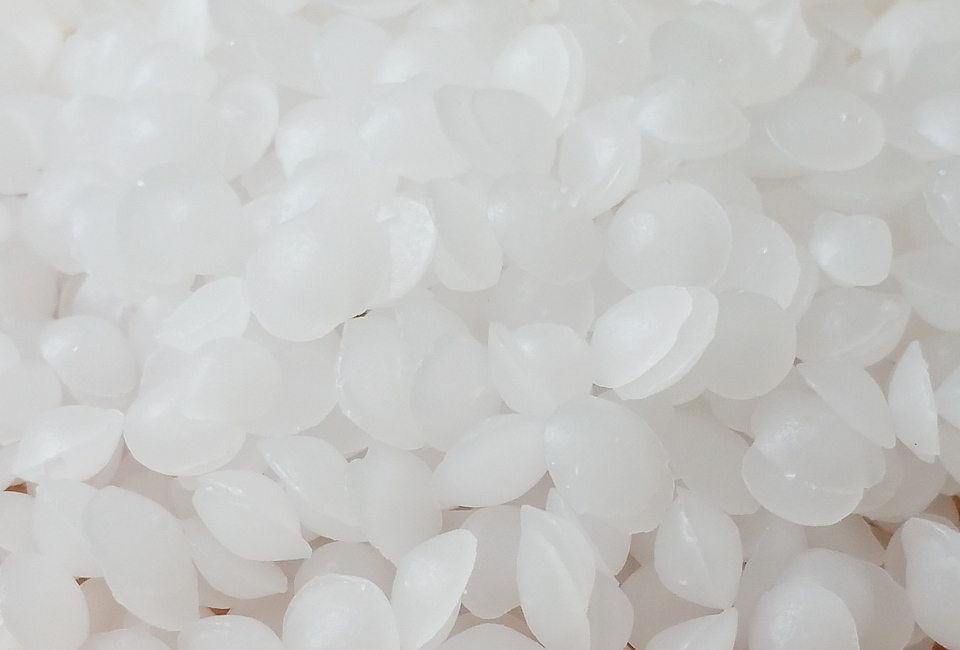

Here are some examples of "good alcohols":
- Cetyl Alcohol
- Cetearyl Alcohol
- Stearyl Alcohol
- Behenyl Alcohol
- Lauryl Alcohol
- Myristyl Alcohol
- Palmitoleyl Alcohol
- Oleyl Alcohol
- Arachidyl Alcohol
Here are some examples of "good alcohols":
- Cetyl Alcohol
- Cetearyl Alcohol
- Stearyl Alcohol
- Behenyl Alcohol
- Lauryl Alcohol
- Myristyl Alcohol
- Palmitoleyl Alcohol
- Oleyl Alcohol
- Arachidyl Alcohol


Beauty editor

